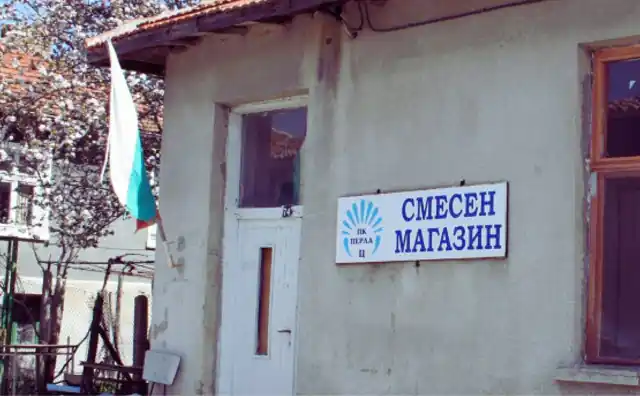
SOFIA – As Bulgaria grapples with rising food prices, four civil organizations, including the Consumers’ Federation and “The System Is Killing Us,” have called for a nationwide supermarket boycott on February 13.
The campaign, backed by former ombudsman Maya Manolova, aims to protest the widening gap between retail prices in Bulgaria and those in wealthier European nations such as Germany and Austria.
With over two million social media interactions, the initiative has gained widespread attention, sparking debates over retail chain dominance and market fairness.
Former Agriculture Minister Kiril Vatev, speaking on Nova TV, painted a grim picture of Bulgaria’s small retail sector.
He revealed that over the past two decades, more than 800,000 family-owned stores have disappeared, largely due to the aggressive expansion of large retail chains.
Vatev warned that independent manufacturers who do not cooperate with major supermarket chains risk financial ruin.
He suggested regulatory measures to better manage the agri-food supply chain and proposed restricting large stores’ operating hours, aligning Bulgaria with European cities where supermarkets are often situated outside residential areas.
However, Vatev cautioned against boycotting major retailers, arguing that such actions alone would not resolve Bulgaria’s pricing crisis.
He pointed out that foreign-owned supermarkets do not adhere to the same pricing structures as in their home countries, contributing to market imbalances.
Instead, he advocated for strategic regulations to level the playing field between corporate retailers and small businesses.
Adding to the discussion, Vladimir Ivanov, Chairman of the State Commission on Commodity Exchanges and Markets, emphasized the urgent need for stricter market regulations.
He highlighted Bulgaria’s inefficient trade distribution system, where multiple layers of resellers inflate consumer prices. Ivanov proposed forming an Association of Agricultural Producers and trade structures to streamline the supply chain and ensure fair competition.
Meanwhile, Dimitar Zorov, Chairman of the Milk Processors Association, challenged the notion that food producers are reaping the highest profits. He detailed how retail markups between manufacturers and final sales prices can range from 55% to 90%.
As an example, he noted that a product originally priced at 10 leva could end up costing consumers 16-18 leva. Zorov stressed that retailers, rather than manufacturers, are the primary beneficiaries of price surges.
Additionally, he cited recent European regulations requiring recycled packaging materials, which have driven up costs by 15% for bottled goods, contributing to an overall 25-30% increase in food prices over the past year.
The planned supermarket boycott underscores mounting public frustration over Bulgaria’s economic landscape, particularly its impact on pensioners and low-income households.
Organizers argue that the government must intervene to cap excessive retailer surcharges on essential goods.
Lawmakers have already introduced proposals to limit such surcharges, with supporters urging immediate action against what they describe as monopolistic retail practices.
However, economists warn that short-term protests may not yield lasting results. They argue that only comprehensive market reforms can address systemic issues contributing to high prices.
While the February 13 boycott may send a powerful message, experts stress the need for long-term solutions, including improved regulatory frameworks and enhanced oversight of retail pricing practices.
This article was created using automation technology and was thoroughly edited and fact-checked by one of our editorial staff members
